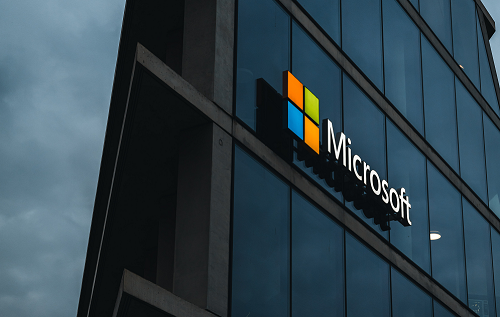During the Microsoft Build 2024 event held about a month and a half ago, Microsoft introduced a number of new products and AI services. For example, the new Copilot+ PC was announced. This smartest and most powerful Windows PC ever will be equipped with more than 40 AI language models that enable new functions such as summoning.
This new Windows 11 tool is a kind of photographic memory for your PC that lets you find photos or work documents on your PC by asking common questions. This search is done locally and completely privately, and therefore is not shared with Microsoft. The improved copilot also has an additional use in business. For example, during meetings via Team Copilot, it can take notes and summarize the most important points discussed.
To make all the new developments possible, Microsoft will receive some of the first batches of the latest chips from Nvidia and AMD later this year, which will equip more than 60 Microsoft data centers around the world. Unsurprisingly, Copilot will help developers and advise them on how to best code and optimize applications for Microsoft’s cloud infrastructure.
Microsoft’s Build event is primarily a conference for developers. With its powerful new computers equipped with AI and smart software, Microsoft hopes to entice them to create new apps that will put Windows on a higher pedestal among consumers. So Microsoft is competing with Apple and can’t resist emphasizing that these new computers are 23 percent faster than Apple’s new MacBook Air M3. And together with partners like Dell, HP, and Lenovo, Microsoft expects to sell up to 50 million AI-powered computers next year.

Big tech companies focused on AI are not only seeing their energy consumption skyrocket, they’re also seeing their carbon emissions rise as a result. To do something about that, Microsoft last week struck a deal with 1PointFive, a Texas-based subsidiary of Occidental Petroleum, in which Warren Buffett owns a roughly 29 percent stake with his Berkshire Hathaway company. Using direct air capture (DAC) technology, 1PointFive will capture 500,000 tons of carbon dioxide from the air and store it underground for Microsoft over the next six years. Financial details were not disclosed, but it’s the largest deal of its kind to date. Last year, Occidental Petroleum’s subsidiary welcomed Amazon as a customer. That deal then included removing 250,000 tons of carbon dioxide from the air over the next 10 years.
For this massive DAC project, Occidental Petroleum leased more than 400 square miles of land from Texas to Louisiana, where the group built plants with giant fans to suck carbon directly out of the air, spending more than $1 billion. The project was 45 percent backed by the Biden administration. The massive DAC plant initially appeared to be built to offset Occidental Petroleum’s own carbon dioxide emissions, but the company also appears to see profits in selling carbon dioxide credits to third parties. The deal with Microsoft accounts for about a sixth of the total capacity. Despite the criticism of DAC, which has not actually led to less carbon emissions, it appears to be a good way for big tech companies to offset their emissions to some extent for now.
The author has no private position, and Fintessa clients own Microsoft stock in their investment portfolio.
Back to Columns Overview

“Lifelong entrepreneur. Total writer. Internet ninja. Analyst. Friendly music enthusiast.”












More Stories
Monster Jam Showdown Launch Trailer
The European Digital Twin Ocean prototype reveals many possibilities
Instagram now lets you add a song to your account